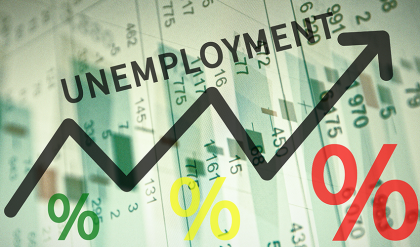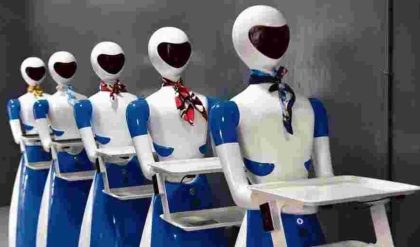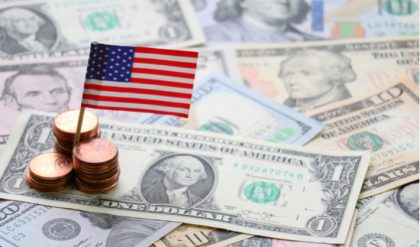
Alan Krueger devoted part of his decorated career as an economist to studying happiness. One time, when he and I were on the phone more than a decade ago talking about this work, I asked if any of the findings had affected the way he lived his own life.
Yes, he replied, and he gave two lovely examples.
Alan died this weekend, at 58, from suicide. News of his death sent shock and sadness through the world of economics — including his fellow economists at Princeton and elsewhere; his former colleagues in the Obama and Clinton administrations; and journalists, like me, whom Alan had informally tutored over the years.
I can’t make any sense of his death. I do know that I’ve followed the advice he gave me about happiness, and I’ve found it both wise and helpful. My small tribute to Alan is to use today’s newsletter to tell you about that advice.
Experiences, not things
“To some economists, investigating happiness probably seemed silly,” Catherine Rampell, the Washington Post columnist, wrote yesterday. “But Alan saw it as a central mission of his discipline. The whole point of economics is to figure out how, in a world of scarce resources, we can make people’s lives better.”
The first lesson that Alan gave me comes from a finding that sounds a bit like a letdown: People waste a lot of money on gifts. In particular, surveys show that gift recipients don’t have much use for many objectsthat they receive. They usually appreciate the thought behind the gift, but the actual item isn’t of much value to them. In economic terms, they place a lower value on the gift than it cost.
But experiences are different. When someone receives an experience — say, a nice meal out — they often both appreciate the thought and enjoy the actual gift.
Alan said he had tried to put this finding into practice. Several years before, his dad’s beloved New York Giants had made it to the Super Bowl, and Alan splurged on tickets for the two of them. They had a great time, he said.
While doing his research, Alan had come to realize one type of object that did often make for a good gift: Mementos of happy experiences. As he was talking to me, Alan explained, he was looking at a framed souvenir from that Giants Super Bowl, hanging in his office. I could hear him smiling.
Friends over fatigue
The second lesson involves spending time with friends. It’s one of the best ways to increase happiness, according to the survey data.
Alan said this finding had stayed with him. At the end of a long day or long week, he said his instinct was sometimes to skip a social gathering. In the moment, he felt too tired. But the data had persuaded him to push through his fatigue more often. Sure enough, he was almost always glad he had, he said. When I’m debating whether to make the effort to get out of the house and see other people, I often think of Alan.
Economics has the nickname of the dismal science, but it wasn’t dismal when Alan Krueger was doing it. It was human.
Alan pushed for economics to become less theoretical and more empirical. He did pathbreaking work on the minimum wage, occupational licensing and other subjects (as you can read in his Times obituary and Susan Dynarski’s Twitter tribute). He threw himself into messy policy debates. He wrote not just for other economists but for the rest of us too.
He relished debate: One recent email I received from him took issue — in a friendly but probing way — with an argument in this newsletter. He mentored young economists (and once recommended a young journalist named Catherine Rampell for an entry-level position at The Times, predicting a bright future for her). Three different times, he stepped out of academia to serve in the federal government, including to help the Treasury Department fight the financial crisis in 2009.





